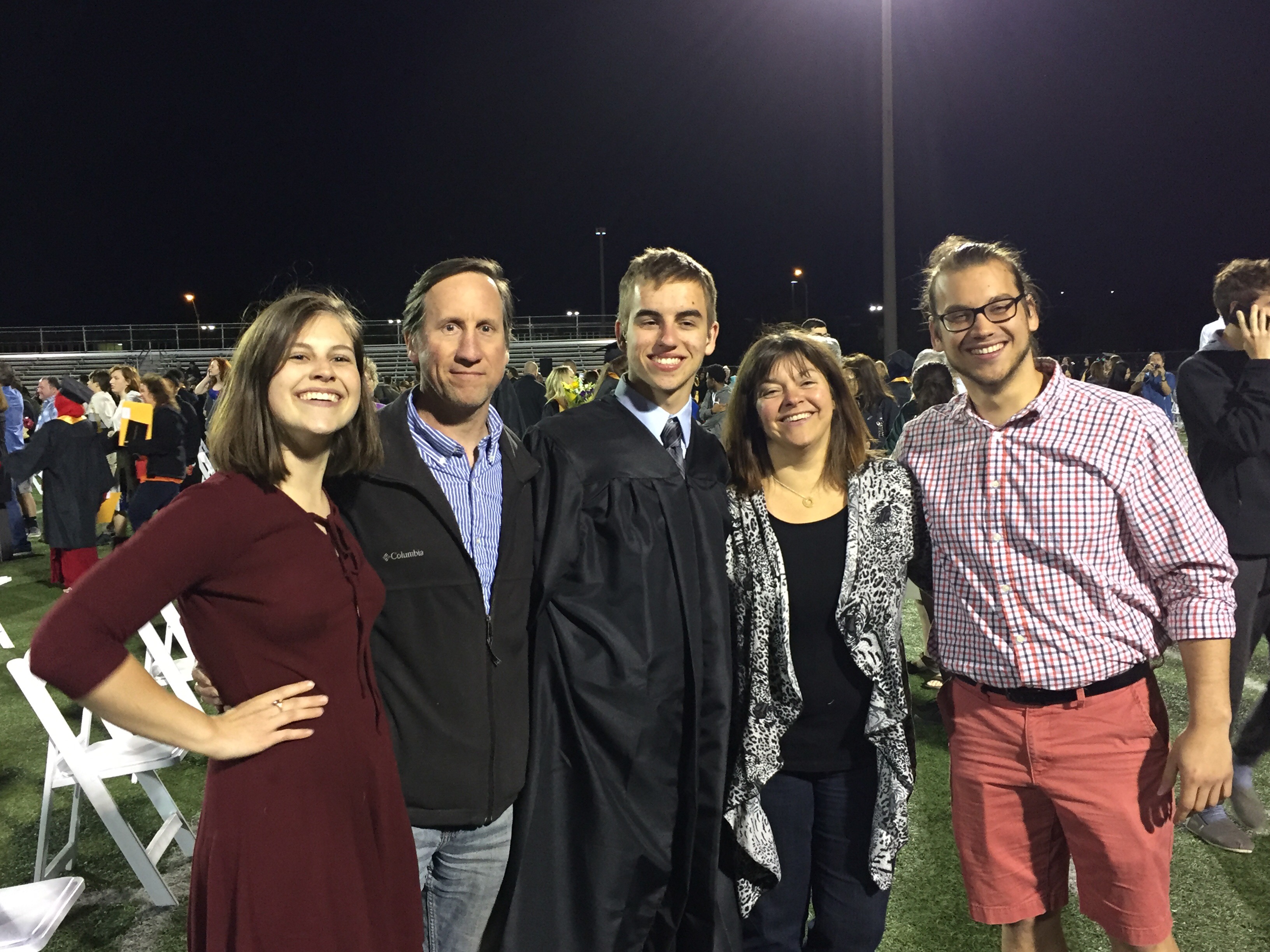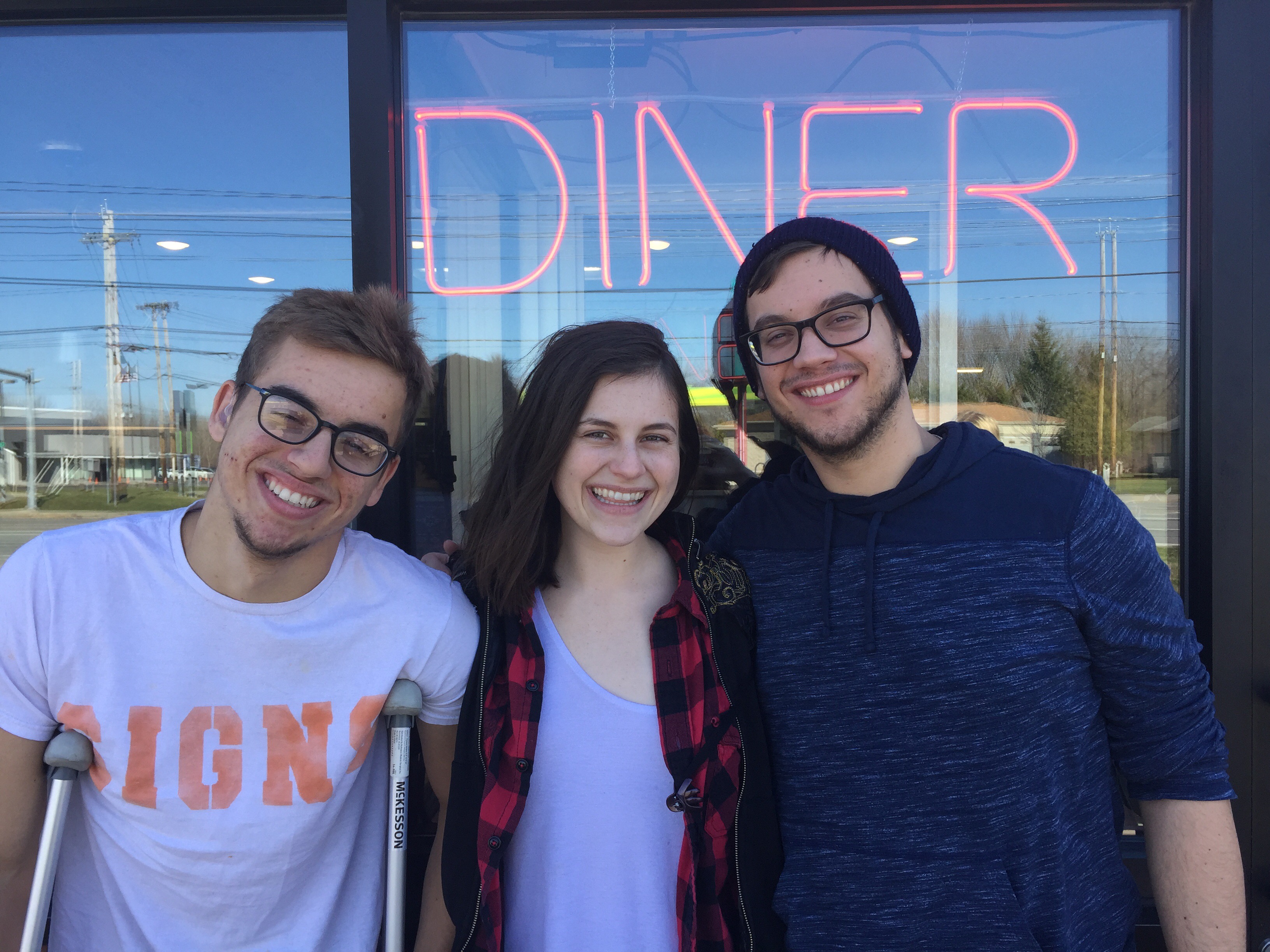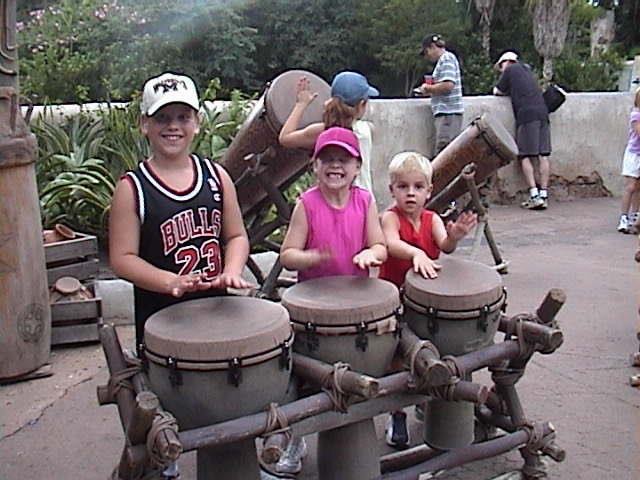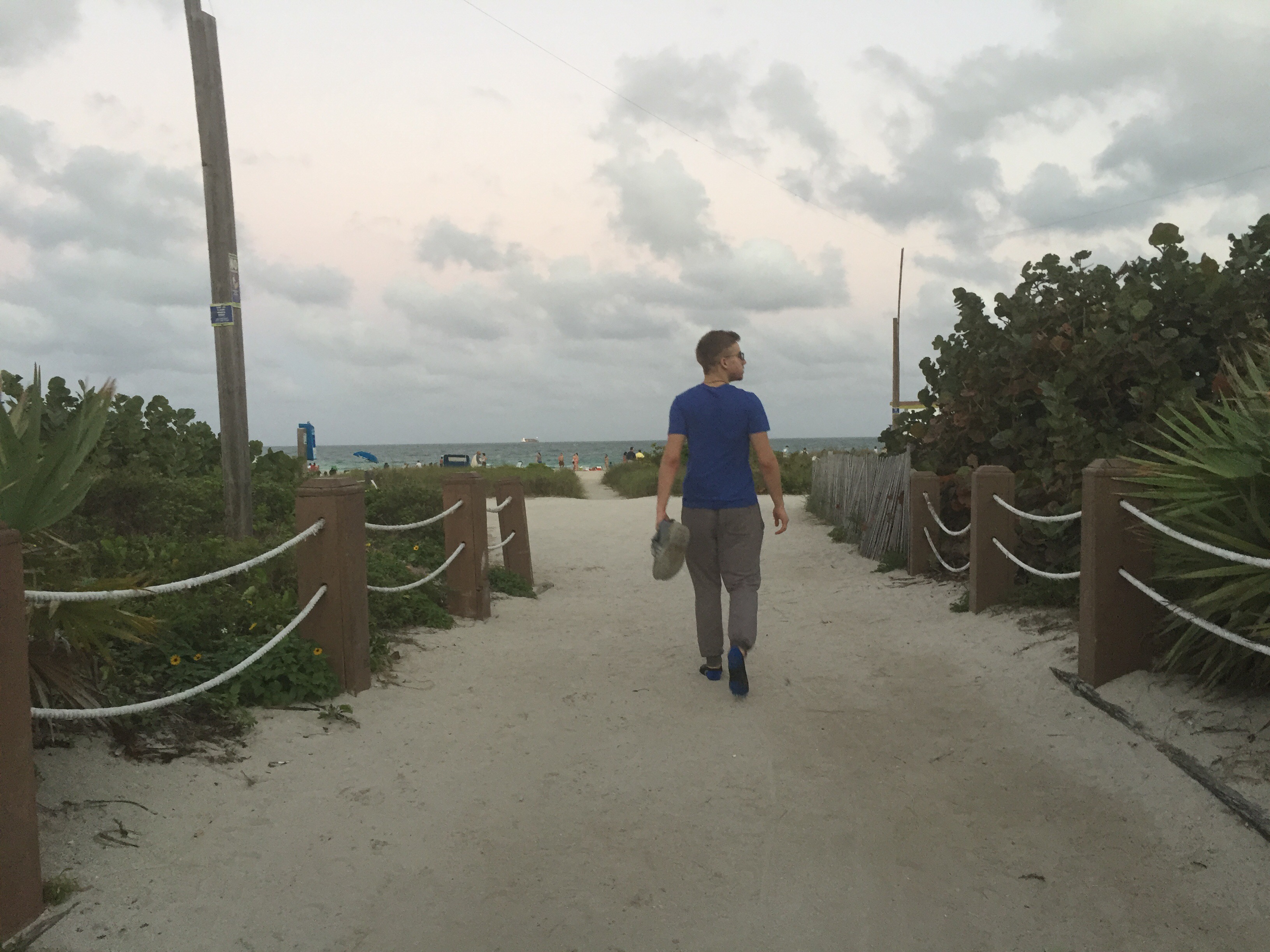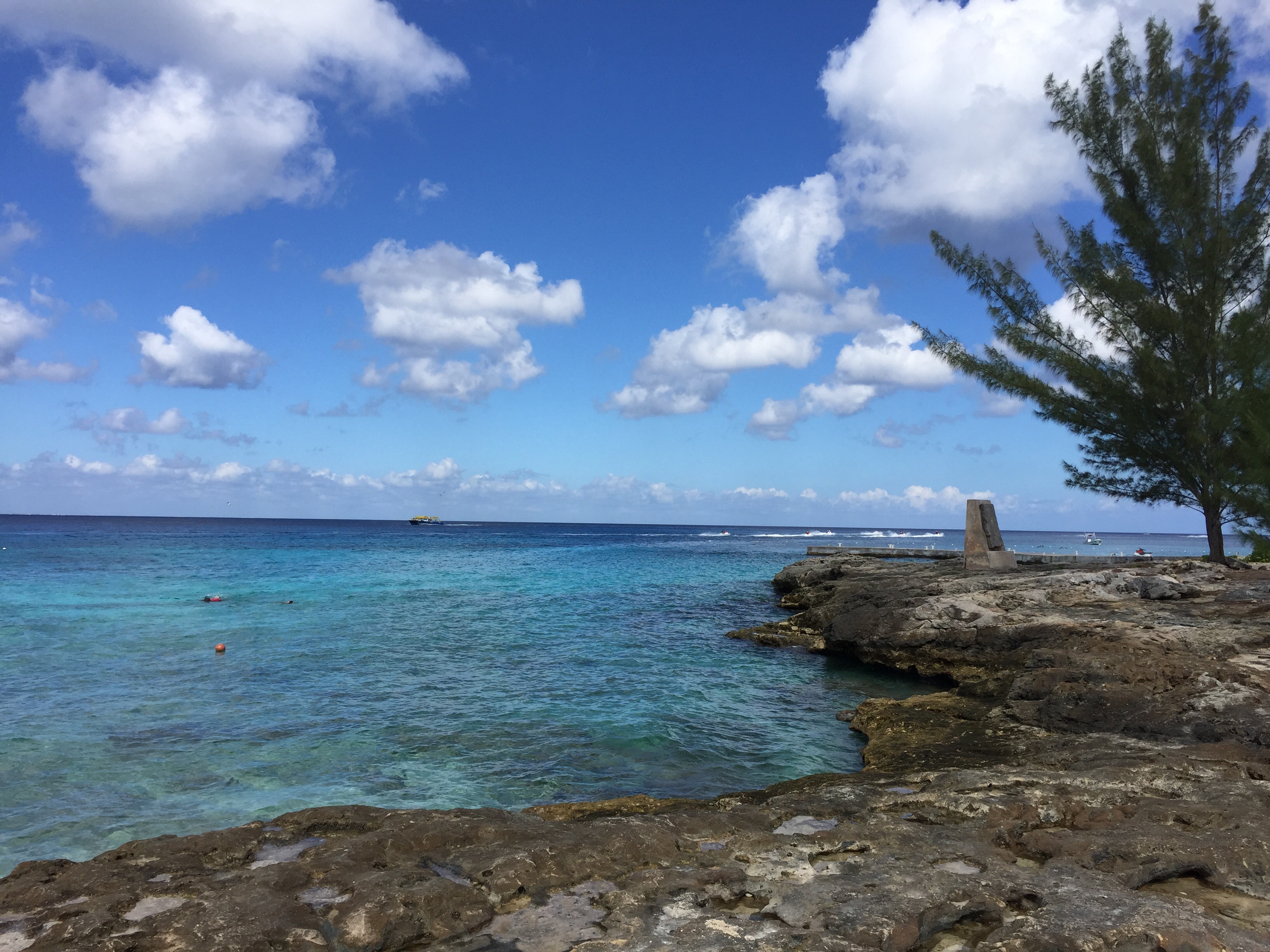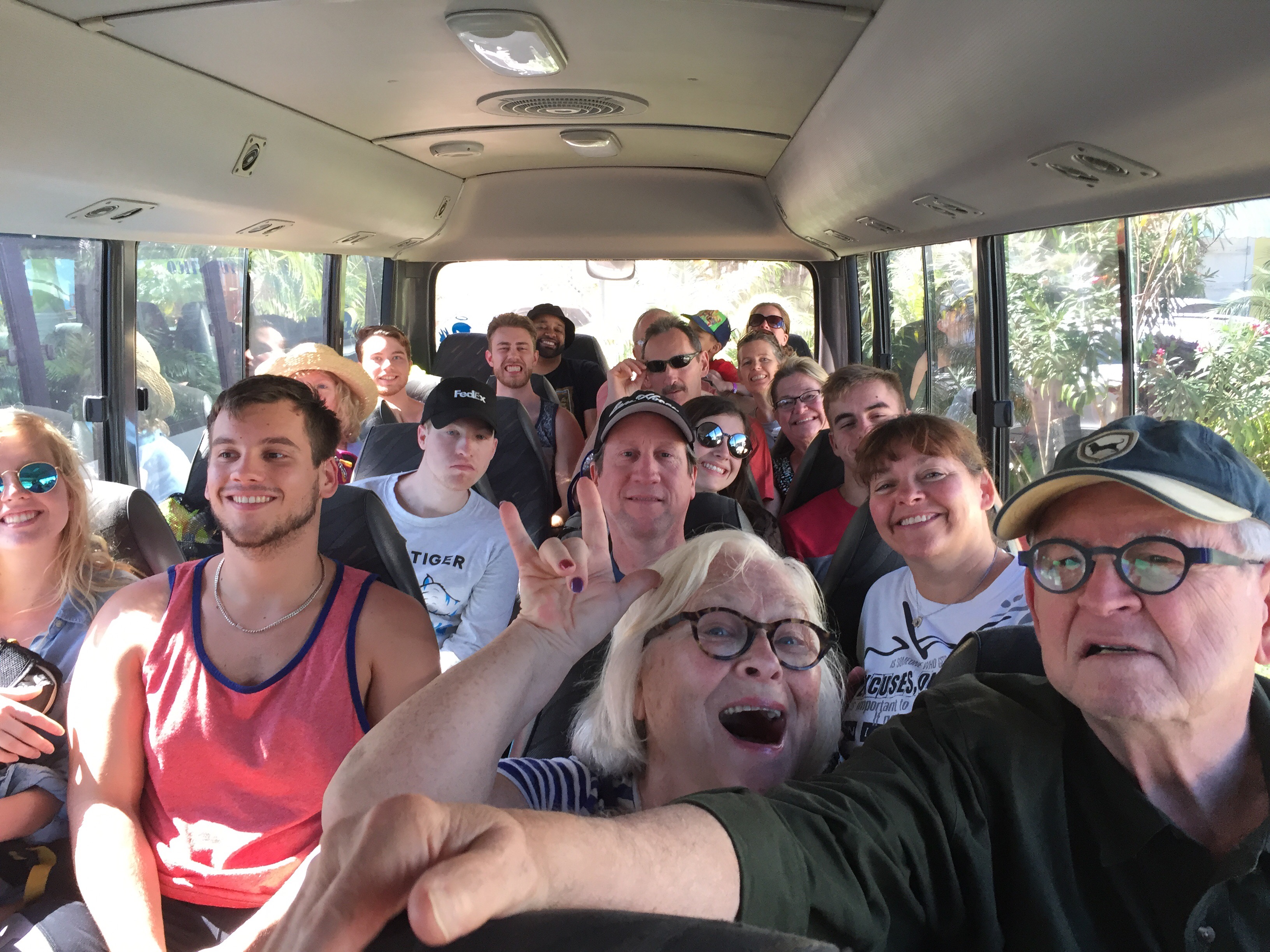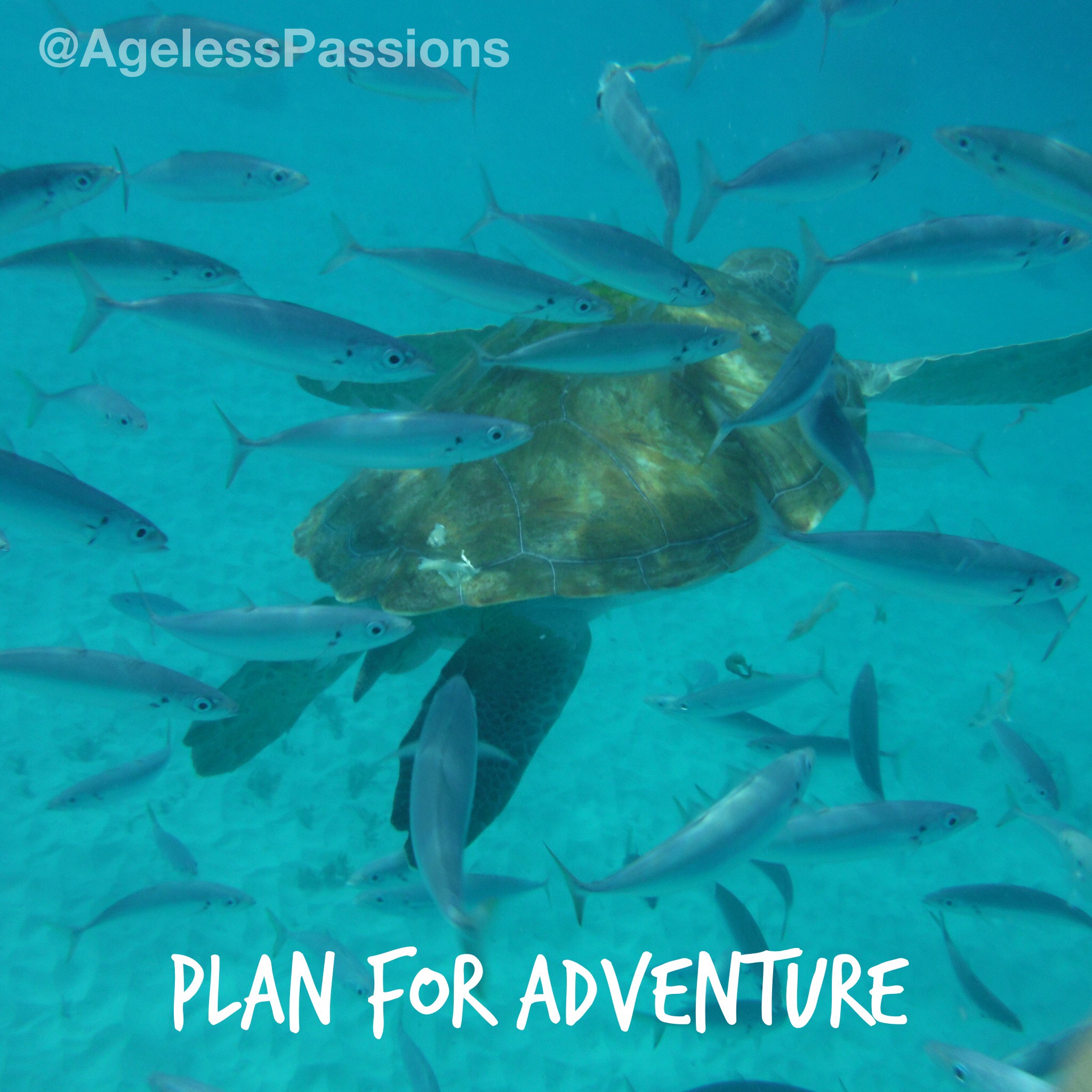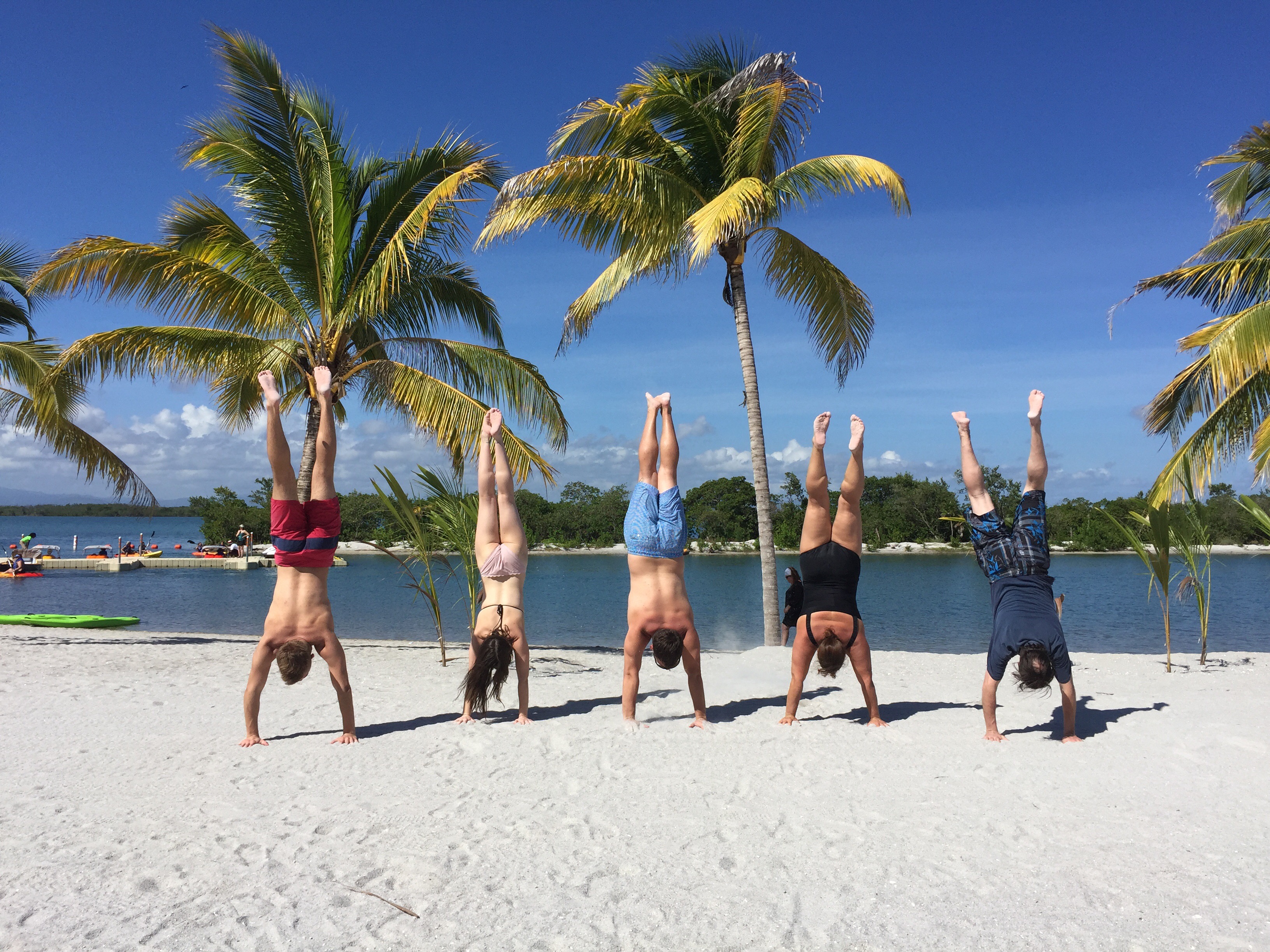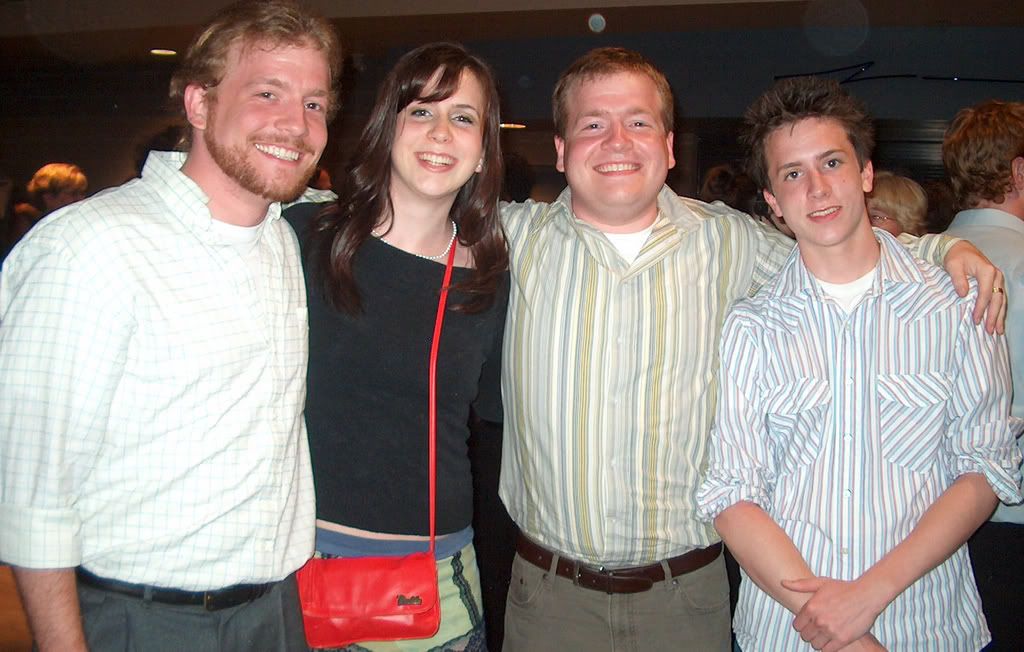Today’s post is from a close friend of mine, Sue Klytta. Sue and I met back in college and we’ve shared a lot together, including raising deaf and hard of hearing kids. We’ve had many conversations over the years about our kids and we’ve shook our heads at the twisting roads that we’ve gone down on together. We’ve made decisions involving our kids that we never would have imagined making at the beginning of the parenting journey. It goes to show that sometimes you’ll make difference choices at different times in your children’s lives. More than once, I’ve told Sue, “you need to share your story.”
So Sue kindly gave me the day off and here she is as a guest blogger:
Today, I am writing from the heart, as a deaf adult and as a mom to three children, one hard of hearing, one deaf, and one hearing child. Raising two children with a hearing loss, I often find that their journey is similar to mine growing up hard of hearing and deaf.
Lately, there has been so much joy on my oldest son’s face. Alex’s eyes light up. He smiles and laughs more. He signs more now. It’s so different today than it was a year ago. My son is hard of hearing. Last year, he started going to the Illinois School for the Deaf. He has been mainstreamed all his school years, he has never been in a self-contained classroom. His elementary years in school were fine, interaction with other kids focused more on physical play. In middle school, he had one friend who moved away. Once he started high school in our hometown, it was a whole different ball game. He became increasingly more isolated. He made less and less eye contact. He came home every day looking more discouraged. He cried tears of frustration after coming home from school. He stayed in bed and refused to get up. Today, he says he is liked by his peers. He can’t wait to go to ISD. I talked with Alex about his experiences at ISD. He summed it up for me very well, he said “Mom, I am liked”. He talked about how much fun it was interacting with other kids and how this school was changing his outlook on life.
My son Matthew also attends ISD. The first day I dropped him off at ISD, he looked so content. He now talks about his accomplishments with pride. His self-esteem has soared. This was a kid who previously hated to go to school. I had to drag him physically out the door and drive him to school. He said he felt invisible at his old school. He struggled to pay attention in classes and was diagnosed with ADD. I took him to a psychiatrist and therapist every two weeks. He was on medication. He suffered from poor self-esteem. No more! He loves ISD and his teachers are so positive about Matthew’s progress. I suspect that the deaf school works so well for Matthew because the environment fosters more cooperative learning and interaction. After a long talk with Matthew about his school experiences, I figured out why this new placement has made such a difference for him. At his old school, direct instruction was primarily used. Direct instruction is a type of teacher-centered learning in which the teacher is teaching a lesson and there is less interaction between students. Direct instruction is only beneficial when it is supplemented with cooperative learning methods. Group interaction is very important for learning. Matthew has told me that he feels free to interact in the classroom and he likes interacting with the other kids. He shared that he feels he is learning more. So with Matthew’s ADD, this type of learning environment has been very beneficial for him. As for the socialization issue, he is much happier. He has larger pool of friends to interact with. He is a social butterfly and this environment suits him well.
I feel like I know what both of my sons were going through. I myself was mainstreamed in my first year of high school with no support services and was the only deaf/hard of hearing student there. I was miserable. I transferred to a high school with a deaf program my second year. I quickly made friends with other deaf/hard of hearing peers.
Looking back, I realized that I never brought up my story in meetings with my sons’ teachers. I felt that this was about my sons, not me. But this is not just our story, it is the story repeated by many deaf and hard of hearing people.
This experience has been recounted many times by deaf and hard of hearing people like myself who grow up never meeting another deaf/hard of hearing peer. We talk about the experience of meeting other people like ourselves as “coming home”. One deaf adult I know talks about the feeling of coming home when she started meeting deaf and hard of hearing people at college for the first time. Another deaf adult was so lonely in high school, he transferred to the school for the deaf and learned sign language for the first time.
When I was visiting ISD, I attended the awards/graduation ceremony. I truly felt that we the deaf/hard of community were being acknowledged and honored. I felt valued. And I know both my sons feel the same when they are there. I did not feel this way when my sons were mainstreamed here in their home schools.
I am a deaf adult, I have traveled this journey. I was once hard of hearing, able to hear on the phone at one time. I have been in self-contained classrooms, I have been mainstreamed. I have been considered a “successful” oral child, I have learned sign language. I am now learning more ASL. I feel that my experience and the experience of many other deaf/hard of people is authentic and valid and I wish more people would reach out to us. Learn from us. We need to be heard. When I was growing up, I only met one deaf adult. And I am sad to say today, things have not really changed that much at all for deaf and hard of hearing children. There is no connection to the deaf/hard of hearing community. Frequently, there is no connection between deaf/hard of hearing children mainstreamed in their home schools either. Isn’t true that as human beings, we all need that emotional connection to those like ourselves?
While making the difficult decision to place my sons at ISD, I had moments of insight. My daughter is hearing. Everyday I would drop her off at her school. She was always so excited to go. I realized that she has a whole school full of equal peers. She would talk about the group of kids she sat with at lunch. She had friends sleep over at our house, they all would sit at the table talking and giggling. I realized then I wanted the same for my sons. And I knew my sons were not getting what my daughter got so easily every day.
I sometimes feel on the fence between both the hearing and deaf world. Every day I accommodate, I lipread so I can understand hearing people. I talk so that they will understand me. My son Matthew got the cochlear implant because he wanted to hear. I am considering one for myself as well. I also have a daughter, Katie, who is hearing. The hearing world is a huge part of her life and I honor that. She has a “second family” down the street. They are hearing and yes, they are part of her life. Hearing parents also need to give their deaf/hard of hearing children the opportunity to experience the deaf/hard of hearing world.
At the same time, I have respect for the deaf community as well. I am learning to be more proficient in ASL because my son Matthew is using it more now. I talk about deaf role models with my kids. My daughter is learning to sign more and more now with me.
When my sons grow up, I know in my heart they will not always be listened to and heard. I grieve that, because I know their experience will be the same as mine. Yes, it is a world where the majority can hear. Yet, they have so much to give and so much to teach others. It is my hope that other deaf/hard of hearing children will experience “coming home” with their peers. It is also my hope that when they grow up to become deaf/hard of hearing adults, they will have a “voice” and that they will be heard. And that they will be valued.
